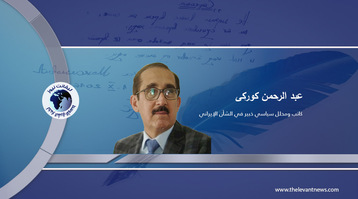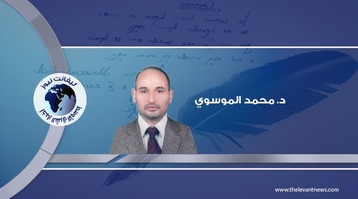-
War Crimes in Ukraine?

"I think he is a war criminal," President Biden said after remarks at the White House earlier this month. The comments, that followed an emotional address to Congress from Ukrainian President Volodymyr Zelensky. Whilst the International Criminal Court at the Hague has opened an investigation into war crimes in Ukraine, it would seem that Biden’s comments were meant more in a colloquial rather than legal perspective.
It was met with a furious response from Moscow. The Russian government met with U.S. ambassador to Russia John Sullivan and said, in that conversation, 'it was emphasized that remarks such as these by the American President, which are unworthy of a state figure of such a high rank, put Russian-American relations on the verge of a breach.'
So, are war crimes happening in the less than month long escalation in Ukraine? To the uninformed observer it would appear almost certainly so. Images of schools being destroyed along with a range of other civilian infrastructure such as hospitals, shops and of course homes have dominated the headlines. The numbers of killed and injured civilians have steadily ticked up with a likely large gap between verified and actual figures.
Unlike other recent conflicts such as those in Yemen, Syria and Afghanistan; the fact that we’re witnessing a conventional battle between two ‘near peer’ State competitors means that the scale and intensity of fighting is unprecedented for the modern age. We’ve seen large scale formations of armour, artillery and the use of state-of-the-art weapons including hypersonic missiles and thermobaric weapons.
The damage to urban areas has been immense and has triggered a displacement crisis as almost a quarter of the Ukrainian population have been forced from their homes. A city in the east of Ukraine ‘no longer exists’ after being completely destroyed in Russian attacks. Volnovakha has been devastated amid the ongoing Russian invasion but fighting continues for territory to prevent an encirclement according to Donetsk governor Pavlo Kyrylenko.
Mariupol is the worst-hit area of Ukraine, facing almost constant shelling. Ukrainian authorities say about 90% of buildings in the city have been damaged or destroyed. Yet according to the laws of war a city can be destroyed legally as long as certain principles – such as distinction, proportionality and military necessity are observed. It is why the ICRC describe war in cities as a “deadly choice”. Other scholars have pointed to the fact that the largescale urbanisation of humanity in recent decades means that modern warfare requires significant changes in the regulation to adequately protect civilians.
The issue of verification is critical to establishing who did what in a warzone, even if the act itself is contested as a clear-cut war crime or not. Verification has always been difficult to establish as independent observers often struggle to access the site of the incident due to the intensity of fighting or having their access denied by one or more of the armed actors involved in the conflict. Currently, the rise of ‘false flag’ attacks and a highly contested information environment makes it even harder to shine the light of truth upon the darkness and chaos of some of the worst conflicts. Was a school getting hit, apparently 140 have been damaged already in Ukraine, the result of direct targeting of a civilian building? An accident? Incompetence? Or the result of one side assessing that the building was being used by its enemies?
Part of the debate around the legality of the conflict is rooted in its origins. Some argue that Russia committed a crime of aggression by launching an illegal war. Yet that doesn’t mean that all behaviour in an illegal war is itself illegal, although guilt by association is an understandable narrative from the public’s points of view across large parts of the world.
Russia’s sharp reaction to President Biden’s comments is possibly explained by a number of reasons. Firstly, it’s a reminder that Washington remains the predominant global power and even off the cuff comments from the White House land in Moscow. Secondly it shows that Putin is thinking beyond Ukraine and that carrying a ‘war criminal’ label may make any attempt to reconnect Russia into much of the world that much harder. Meanwhile events in Ukraine may well be defined by a series of war crimes. Yet at this stage the verification of these crimes, let alone accountability for them, remains more of a theory than a reality.

BY: James Denselow
You May Also Like
Popular Posts
Caricature
Syrians' concerns now
- December 10, 2024
Syrians' concerns now #Syria
#Bashar_al-Assad
#Liberation_of_Syria
#Syrians
#Future_of_Syria
#Levant_News

opinion
Report
ads
Newsletter
Subscribe to our mailing list to get the new updates!



















